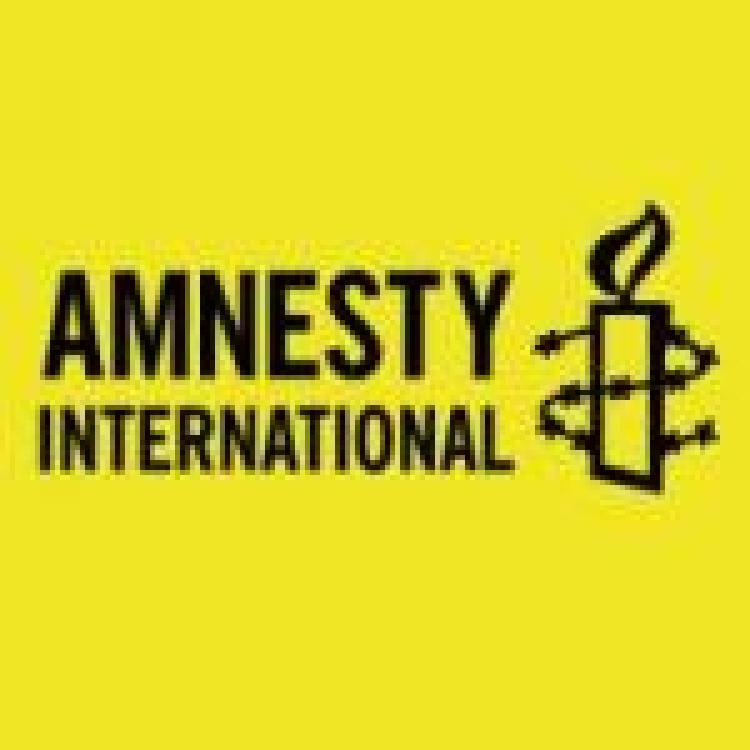The Sri Lanka government has made cremations compulsory for all coronavirus victims, disregarding advice from the World Health Organisation (WHO) and going against Islamic tradition as racist false rumours against the island’s Muslim community continued to circulate.
A gazette notification was released on Saturday, with Health Minister Pavithra Wanniarachchi further stating that "the corpse of a person who has died or is suspected to have died, of... COVID-19 shall be cremated.”
The government order comes despite the WHO stating that victims "can be buried or cremated”.
It will particularly impact on the Muslim people of the island, with Islamic tradition calling for the deceased to be buried.
Earlier this month Amnesty International said that authorities “must respect the right of religious minorities to carry out the final rites of their relatives in accordance with their own traditions unless they can show that restrictions are needed to prevent the spread of COVID-19”.
The latest order comes as AFP debunked false rumours circulating on social media claiming that Muslims ignored COVID-19 curfew at Sri Lankan mosque.

